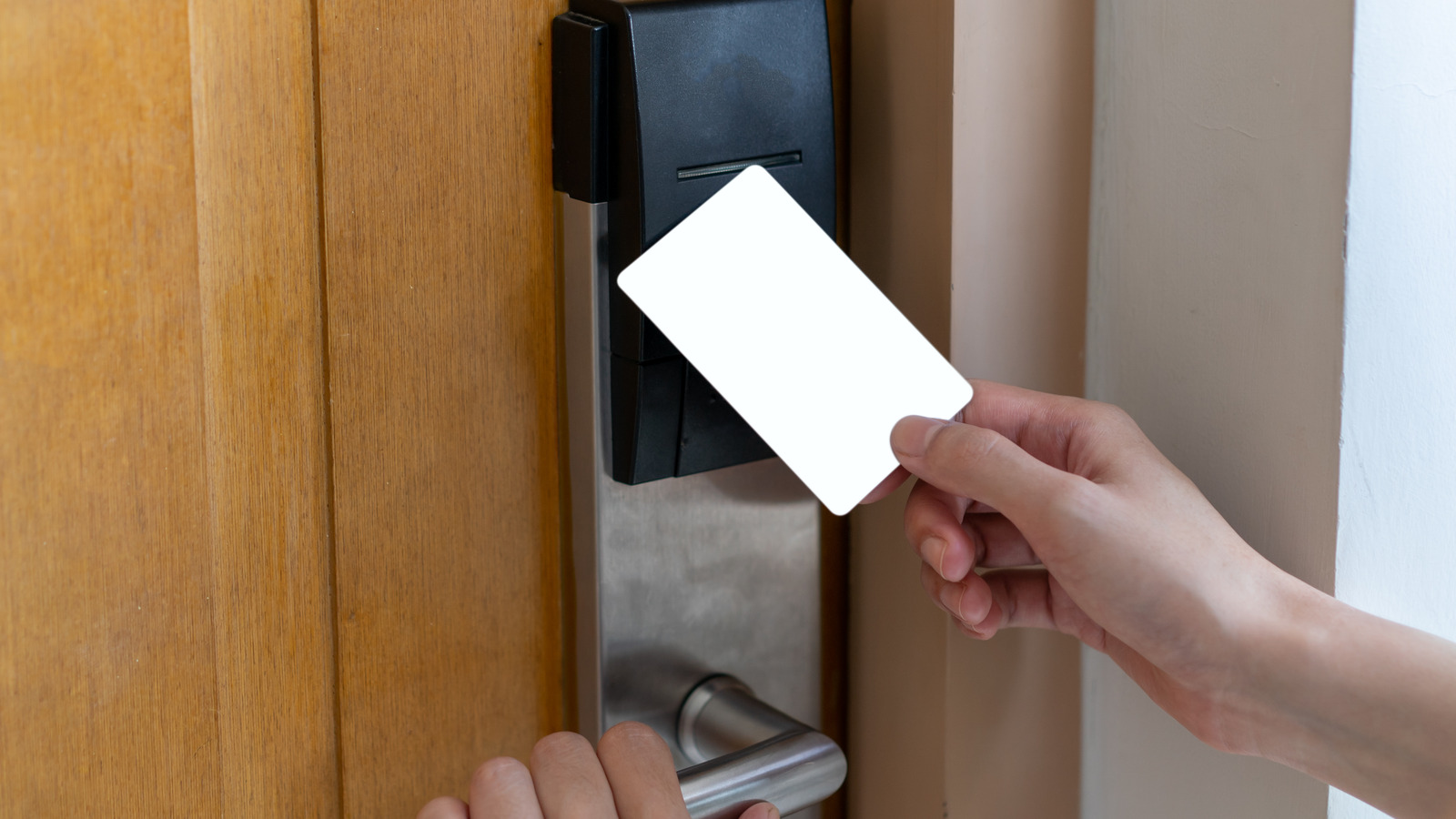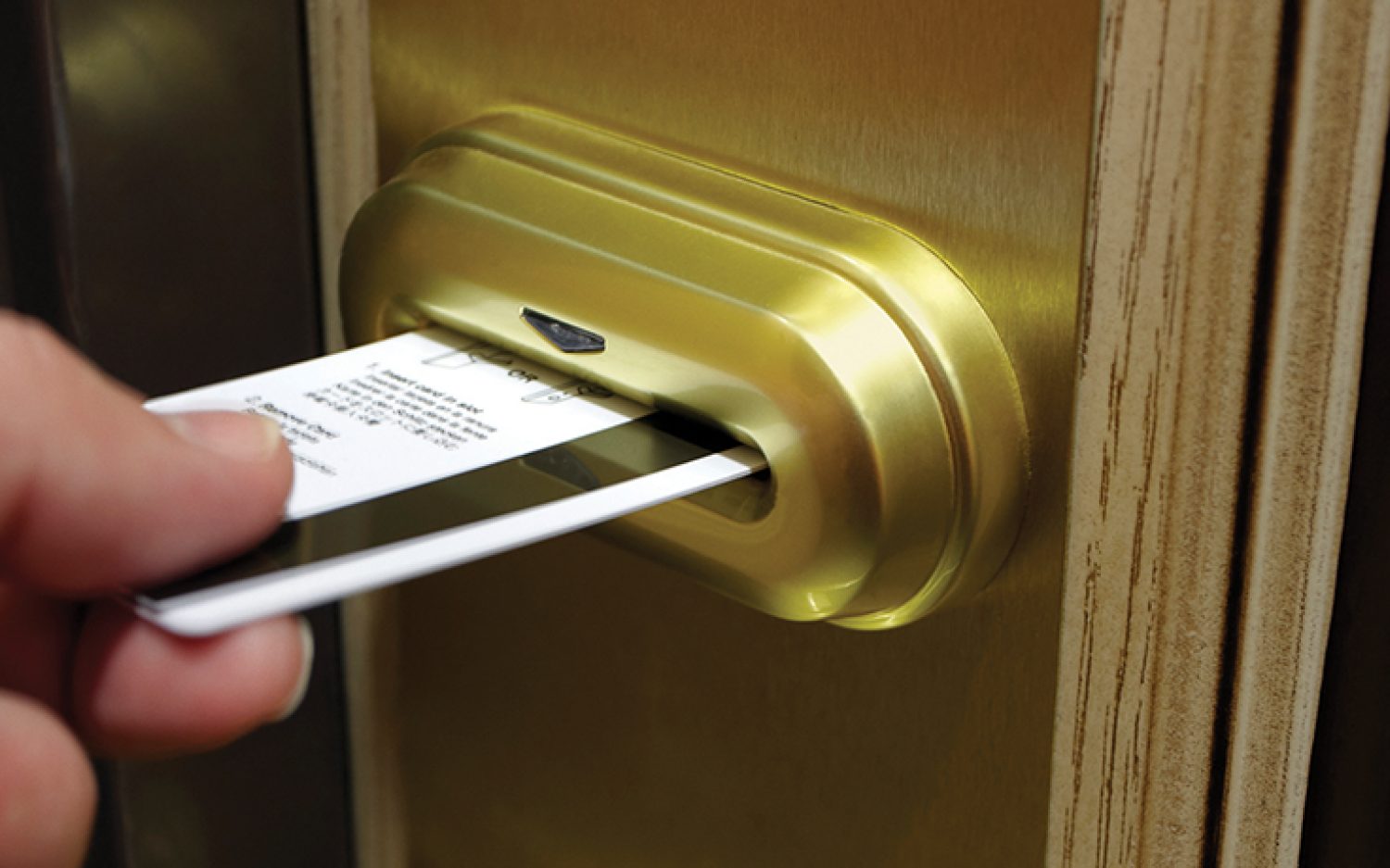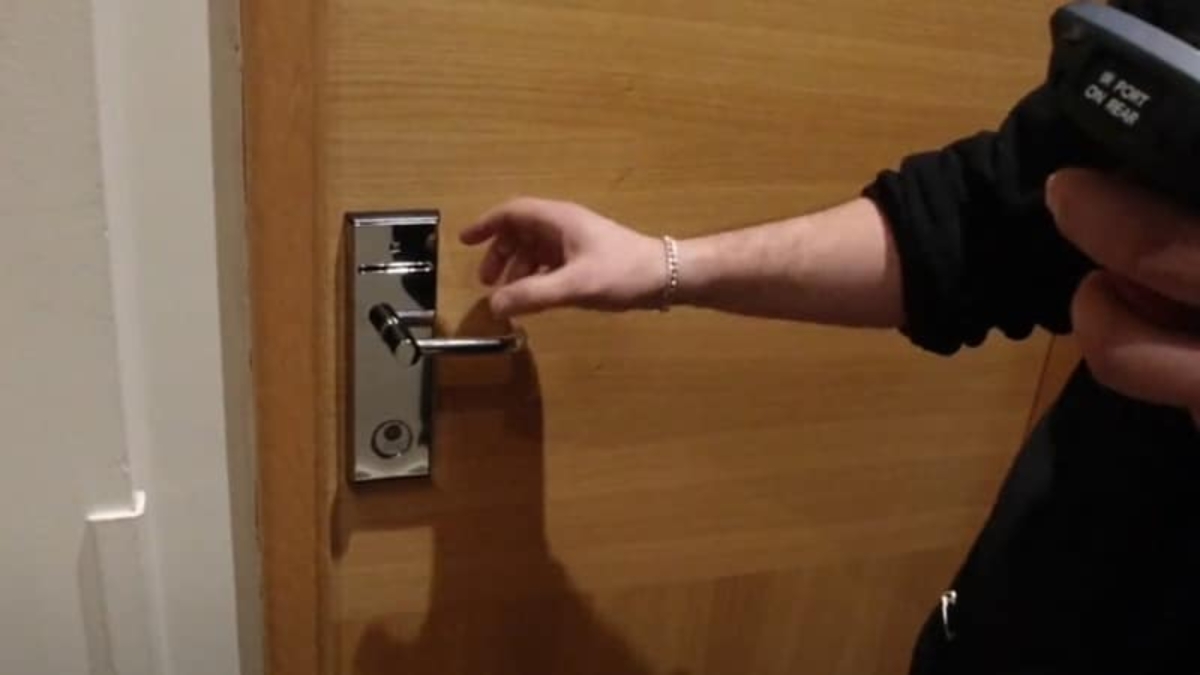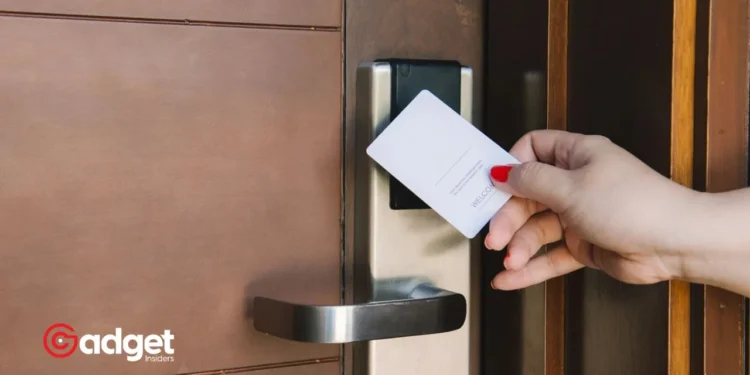In a revelation that has sent ripples through the hospitality industry, security researchers have unveiled a significant flaw within the Saflok Dormakaba door lock systems, predominantly utilized in hotel properties worldwide. This vulnerability, rooted in the technology of Swiss-based Dormakaba, exposes over three million hotel locks across 131 countries, marking a significant concern for guest security and privacy.

A Deep Dive into the Saflok Dormakaba Debacle
The Saflok Dormakaba system, a cornerstone in hotel door security, has been compromised, raising alarms about the ease with which malicious entities could gain unauthorized access to guest rooms. This flaw, persisting undetected for an astonishing 36 years, came to light when a group of security experts, after hacking a Las Vegas hotel room in August 2022, disclosed their findings to Dormakaba.
Despite efforts that began in November 2023, the company has struggled to implement a comprehensive fix, with only a fraction of the vulnerable locks receiving the necessary updates. The remediation process is complex, necessitating not just a software update or lock replacement but also an overhaul of keycards, front desk software, card encoders, and potentially even third-party systems like elevators and parking garages.
The researchers, in a bid to expedite awareness and encourage swift action, have taken their findings public via the Unsaflok website, albeit without delving into the technicalities that could aid potential hackers. Their investigations reveal that exploiting the flaw is disturbingly straightforward: An attacker needs only a single keycard, active or expired, from the property to compromise any door.

The Unseen Danger Lurking in Your Hotel Room Lock
The heart of this vulnerability lies in the “Key Derivation Function” of the Saflok Dormakaba system, a mechanism recently cracked open and shared online, laying bare the method to clone keycards. This breach affects a wide array of locks under the Saflok Dormakaba brand, including the MT, Quantum, RT, Saffire, and Confidant series, among others.
For hotel guests, there’s no visual cue to indicate whether a lock is secured against this flaw, adding a layer of unease to their stay.
Dormakaba Saflok’s response to this crisis acknowledges the flaw’s existence and outlines its steps towards mitigation. However, the company remains tight-lipped about the slow pace of the update rollout, hinting at the logistical and technical challenges involved in securing such a vast number of properties.
VULNERABILITIES – Saflok Lock Vulnerability Can Be Exploited to Open Millions of Doors Vulnerability in Dormakaba’s Saflok electronic locks allow hackers to forge keycards and open millions of doors. https://t.co/r92Ci7cVEA
— Michael Hraba aka Just this hotel guy, you know? (@HHotelConsult) March 22, 2024
The Road Ahead: Implications and Industry Response
This situation underscores a critical issue within the hospitality sector: the need for robust, up-to-date security measures to protect guests. The disclosure of such a significant vulnerability not only highlights the potential risks to individual privacy and safety but also raises questions about the diligence of security practices in an industry that is a home away from home for millions.

As hotels worldwide scramble to address this security lapse, the incident serves as a stark reminder of the evolving nature of threats in the digital age. The imperative for continuous vigilance, regular updates, and comprehensive security protocols has never been more apparent, urging the hospitality industry to reassess and fortify its defenses against such vulnerabilities.
The Dormakaba’s Saflok flaw presents a wake-up call to the hospitality industry, emphasizing the paramount importance of cybersecurity in safeguarding guest privacy and trust.
As the industry navigates through the challenges of updating and securing its properties, the incident highlights the ongoing battle against digital threats and the need for a committed, proactive approach to ensure the safety and security of all guests.









